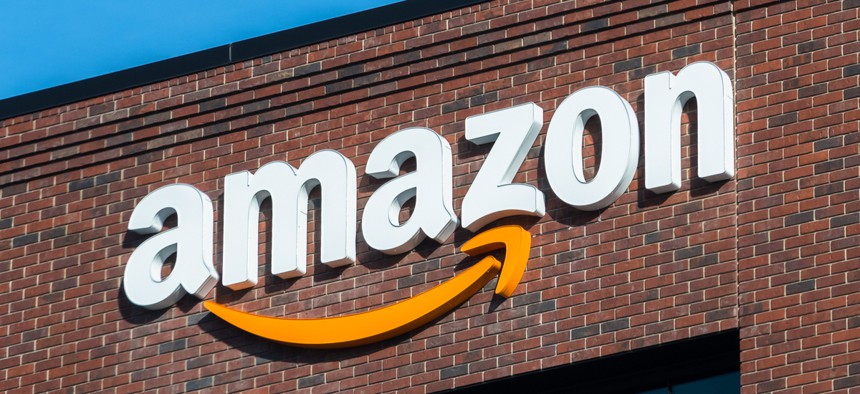Why Amazon Can’t Pick Dallas, Austin or Atlanta for Its HQ2

Shutterstock
It’s morally imperative that Jeff Bezos throw out these three bids and instead set his sights on a city that will be a home to everyone—one that truly values inclusivity and diversity.
Last year was a banner one for Amazon, full of new product launches, blockbuster acquisitions and a soaring stock price. Some experts believe we are witnessing the dawn of Amazon 3.0, a company with unique and unparalleled influence that is poised to transform all of American commerce.
But as it considers the new home for its much-coveted second headquarters, the tech giant has a grand opportunity to show that this new Amazon will also be a beacon of corporate social responsibility.
Unfortunately, CEO Jeff Bezos and the company are on track to blow it. Amazon recently announced the 20 finalists for its $5 billion new headquarters, and the list includes three cities where LGBTQ rights are under attack.
They are Dallas, Austin, and Atlanta. In Texas, the governor signed a bill last year that allows faith-based adoption agencies to decline to place children with gay, lesbian and transgender parents. Lawmakers in Georgia—who will undoubtedly be buoyed by President Trump’s recent proclamation of Jan. 16 as Religious Freedom Day—have been fighting to pass a bill that would permit businesses to refuse employment or deny services to LGBTQ individuals.
It’s morally imperative that Mr. Bezos throw out these three bids and instead set his sights on a city that will be a home to everyone—one that truly values inclusivity and diversity.
If he does not, then Amazon 3.0 risks an unprecedented backlash from the American public. Seventy percent of Americans now believe that companies have an obligation to be actively engaged on social and community issues that are not necessarily relevant to their bottom line, according to a recent study. Now more than ever before, consumers feel that corporations should use their power and leverage to drive enduring social progress, and they are demanding that corporate leaders stand for something.
Mr. Bezos is widely recognized as a committed ally of marginalized communities, a CEO who puts his money where his mouth is when it comes to social justice. He first earned his stripes as an activist in 2012 when he and his wife donated $2.5 million to support a same-sex marriage referendum in Washington State. At the same time, Amazon joined a coalition called “Washington United for Marriage” to fight for marriage equality in the Evergreen State.
In the years since, Amazon has rolled out numerous initiatives to promote LGBTQ equality within the company and beyond. Amazon maintains an employee group called Glamazon, which works to ensure that the company’s recruiting practices strengthen diversity and visibility. Glamazon also sponsors PRIDE parades around the world, and hosts cross-corporate events that bring awareness to LGBTQ causes.
In fact, Amazon has been so out front on social justice that the Human Rights Campaign recently gave the tech giant a perfect score on its annual Corporate Equality Index, and Mr. Bezos personally received the group’s National Equality Award.
2018 will be a test of whether Bezos and Amazon plan to follow through on their promise to always be a champion of social responsibility and among the nation’s leading corporate advocates for LGBTQ rights. If instead, however, HQ2 goes to Austin, Atlanta, or anywhere else where so-called religious liberty laws threaten the livelihoods and dignity of LGBTQ residents, then Amazon 3.0 will have committed the second ‘original sin,’ one which will be almost impossible for it to recover from.
Leo Hindery, Jr. is Co-chair of the Task Force on Jobs Creation and a member of the Council on Foreign Relations. He is the former CEO of AT&T Broadband and its predecessors, Tele-Communications, Inc. (TCI) and Liberty Media. This article was originally published by Quartz.
NEXT STORY: Nashville’s Embattled Mayor: ‘Failure May Be Instructive’ But It’s Also ‘Humbling and Humiliating’





